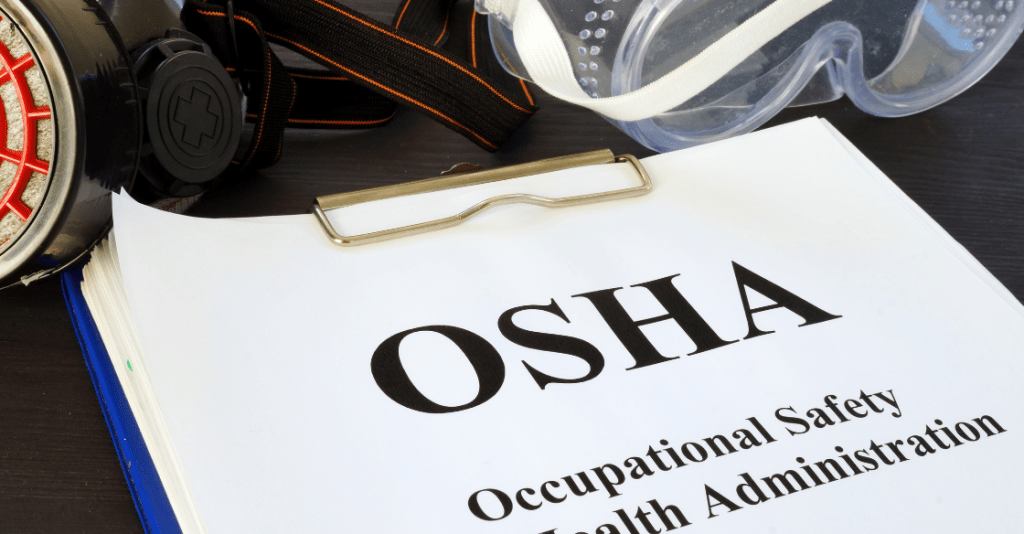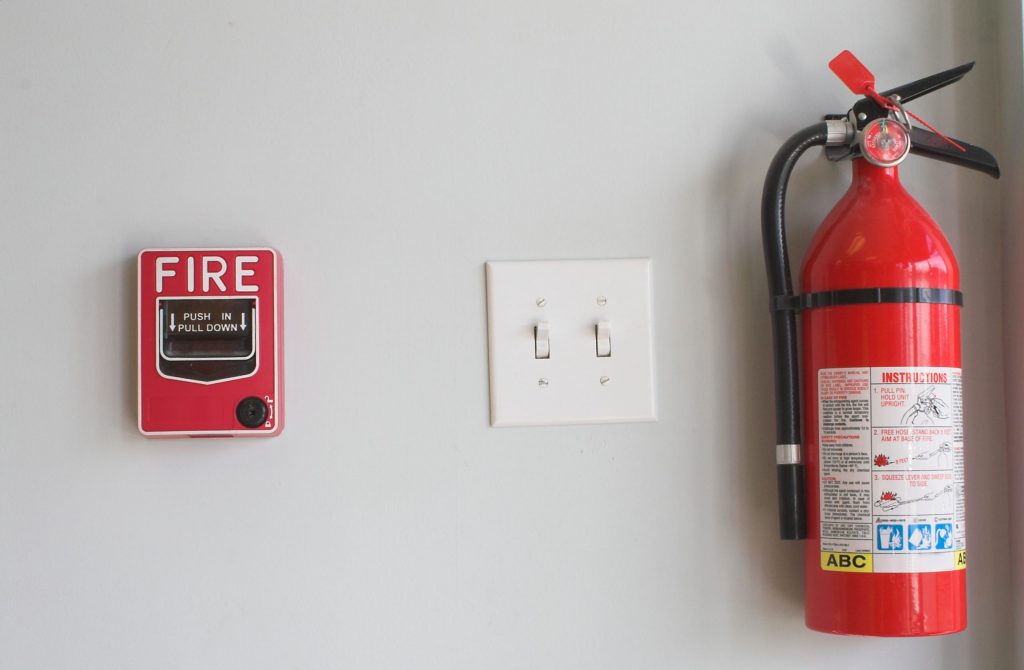Fire safety should be a priority for individuals who own and manage commercial buildings, including following the established fire safety regulations by agencies such as the Occupational Safety and Health Administration (OSHA). Abiding by the stipulated regulations will help to protect lives, from customers to the general public. There is certain standard equipment required and procedures that must be followed to ensure fire protection in commercial buildings. Let’s take a look at some of the standard requirements for commercial building fire protection.
Fire Alarm Systems
According to OSHA regulations, commercial fire alarm systems must:
- Be capable of being heard above ambient noise or light levels by all employees in the building
- Be distinctive and recognizable as a signal to evacuate the work area or take action under the emergency action plan
- Establish procedures for sounding emergency alarms in the workplace
- Provide warning for necessary emergency action for a safe escape
Furthermore, a communication system that also functions as the building’s alarm system, must prioritize all emergency messages overall non-emergency messages.
Portable Fire Extinguishers
OSHA regulations allow employers to either evacuate all employees in an emergency, designate certain employees to use the available portable fire extinguishers. However, general OSHA fire extinguisher regulations include an employer:
- Providing portable fire extinguishers and mounting, locating, and identifying to ensure accessibility to employees without the risk of injury
- Must use only approved portable fire extinguishers
- Not permitted to use portable fire extinguishers that use carbon tetrachloride or chlorobromomethane extinguishing agents
- Must ensure proper maintenance of portable fire extinguishers and that they are fully charged, operating properly, and kept in designated places at all times, excluding during use
Automatic Sprinkler Systems

Not all sprinkler systems were originally installed by OSHA regulation, but the agency recognizes and approves of standards that fall under the inactive organization, National Board of Fire Underwriters. Furthermore, fire sprinklers that are installed in the workplace, but are not required by OSHA, are exempt from OSHA regulations (See Fire Sprinkler Inspections) Current regulations on commercial building fire protection stipulate that:
- Sprinkler systems should provide the necessary discharge patterns, densities, and water flow features for complete coverage
- Only approved equipment and devices are used in the design and installation of an automatic sprinkler system
- An automatic sprinkler system must be properly maintained with regular fire sprinkler maintenance and inspection. The main drain flow test should be done on each system yearly, and the inspector’s test valve opened roughly every two years
- Automatic sprinkler system piping, including fire pump, must be protected against freezing and exterior surface corrosion. Check out our Fire Pump Testing
Fire Prevention Plan
A fire prevention plan (FPP) is necessary to reduce the risk of a fire occurring in a commercial building. OSHA requires the FPP to be in writing, remain in the workplace, and accessible to employees for review; however, it can be communicated orally if the number of employees is 10 or less. An FPP must include at least:
- All major fire hazards, proper handling and storage procedures for hazardous materials
- Steps to control accumulations of flammable and combustible waste materials
- How to perform regular maintenance of safeguards installed on heat-producing equipment
- Name or job title of employees who are responsible for maintaining fire equipment and fire hazard management
Commercial building fire protection is necessary for the prevention of loss of life and property. Commercial building fires can be avoided or cause minimal damage if effective fire safety and prevention systems are established and if building owners and managers abide by the regulations in place. Contact the experts at APFE Corp for any questions regarding commercial building safety.




